About
Emergency Management
The Alberta Emergency Alert app provides immediate critical information during times of imminent threat to the community. Siksika Public Safety encourages all community members to download the app on cell phone and devices.
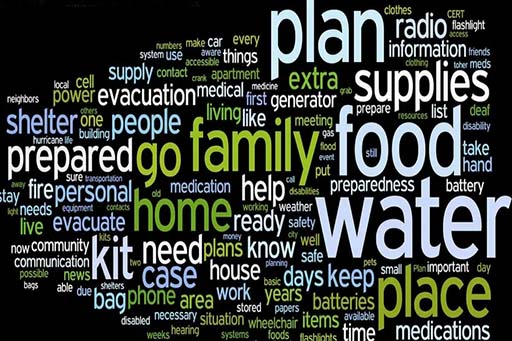
Emergency Preparedness
Emergency Management, a service provided by Siksika Nation Public Safety, is the managerial function charged with creating the framework within which communities reduce vulnerability to hazards and cope with disasters or major events. Siksika Nation Public Safety seeks to promote public safety, protect our culture, prepare vulnerable communities with the capacity to cope with hazards and disasters.
We aspire to protect our community by coordinating and integrating all activities necessary to build, sustain, and improve the capability to mitigate against, prepare for, respond to, and recover from threatened or actual natural disasters, acts of terrorism, or other man-made disasters.

72 Hour Prep Kits
Watch a video to learn about the importance of an emergency kit! For more information about Emergency Kits, check out https://www.alberta.ca/build-an-emergency-kit.aspx
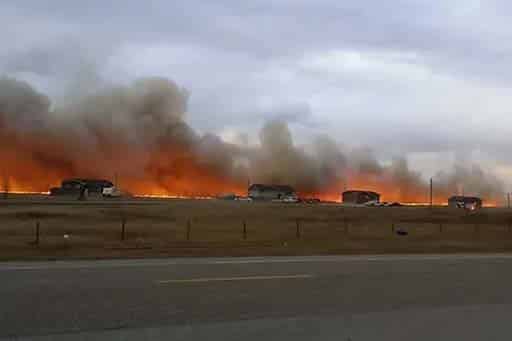
Fire Events
How to become fire ready:
- Avoid accidental fire start. Learn how to be fire safe with tools, campfires, and BBQs.
- Many grassfires are started due to hot engines of vehicles. Do not stop your vehicle or off highway vehicle (quad, dirt bike) on dry grass.
- Prepare your family to know how to respond during a fire event.
- Work with your neighbours. Talk with community members, elders, and Nation staff to share wildfire preparedness information.
- Stay informed. Follow emergency alerts and Nation media.
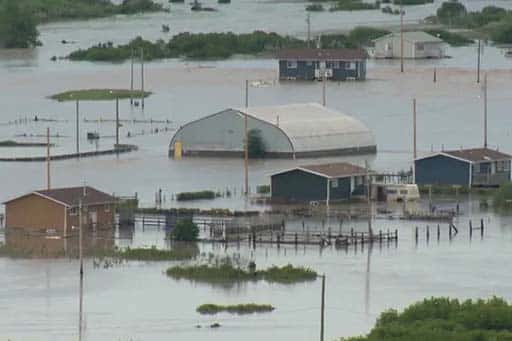
Flood Events
Flooding can come from both overflowing riverbanks and from weather related precipitation. Early recognition of the rising risk of flooding is important. Siksika Public Safety monitors river levels during the spring melt and during weather events. However, you can help by informing the Nation services when you detect warning signs.
- If you see the river and tributaries rising to within 5 meters of the bank, report this to Public Safety Dispatch Centre.
- If water is pooling around the foundation of your home, call Siksika Housing to report the potential for flooding.
- During winter months, remove drifting snow from the foundation of the house.
- If you are the chronic victim of home flooding, place valuables off of the floor in basements.
- Ensure you know of all routes of evacuation from your neighbourhood.
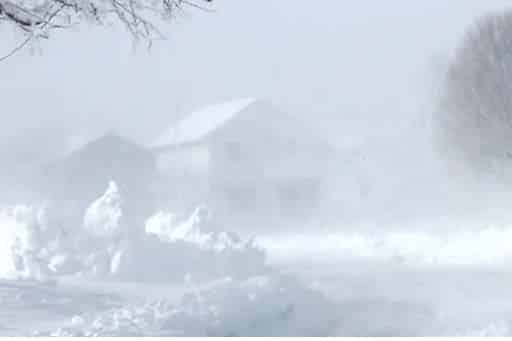
Weather Events
Summer Storms
The risk from summer storms is typically related to precipitation, wind and extreme temperatures.
- Rain fall brings risks of overland flooding. See “Flood Events” for tips to avoid this risk.
- Wind can create damage to property and poses a risk of injury. It is recommended that you stay indoors when the wind is strong enough to blow large items or to collapse buildings.
Extreme temperatures are not uncommon. It is recommended that you limit your time outdoors during times of high temperatures.
- Wear a head covering when out in the sun for moderate to long periods.
- Stay hydrated by drinking lots of water when outdoors.
- Maximize airflow through the home by opening windows.
- Keep check on friends and family, especially the elderly, medically vulnerable, and people at risk of heat related injuries.
Winter Storms
Winter storms are a normal aspect of winter life. The risk from winter storms is typically related to large snow falls, wind and extreme temperatures.
Extreme temperatures are not uncommon. Winter wind poses a very real risk of frostbite. It is recommended that you stay indoors when the wind is strong enough and cold enough to cause injury. It is recommended that you limit your time outdoors during times of extreme low temperatures.
- Once the wind chill makes the temperature feel like –28 or colder, exposed skin can freeze in under 30 minutes. When it drops to –40, frostbite can occur in less than 10 minutes. Take it to –55, and you’re in danger within two minutes. Anything colder than that and Environment Canada warns you shouldn’t go outside at all.
- If you are traveling in a vehicle during such weather, ensure your vehicle is stocked with blankets, hats, gloves, and appropriate footwear in case of emergency.
- Prepare a 72 Hour Prep Kit, containing food, water, blankets, warm clothing, medication, and other essential needs to allow you to safely remain in your home if travel is not possible. Check out the link above for 72 Hour Prep Kits.
- In the event that the furnace fails in your home, contact Siksika Housing to report this emergency. If this occurs after regular business hours, you can contact Siksika Public Safety Dispatch Centre to report this.
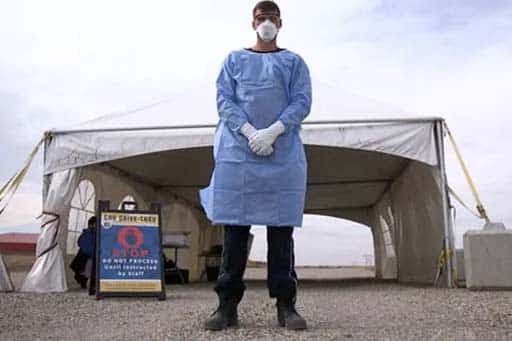
Pandemic Events
Pandemics can be very complex events, but are very rare. In the event that an illness threatens the community, steps to be taken are dependent on the illness.
Basics:
- Follow all Nation rules and regulations put forward for the health and safety on Nation members.
- Follow all provincial and federal rules and regulations.
- Limit physical contact with vulnerable people, such as the elderly and people who have compromised immune systems.
- Report all illness, no matter how mild, to your healthcare provider.
